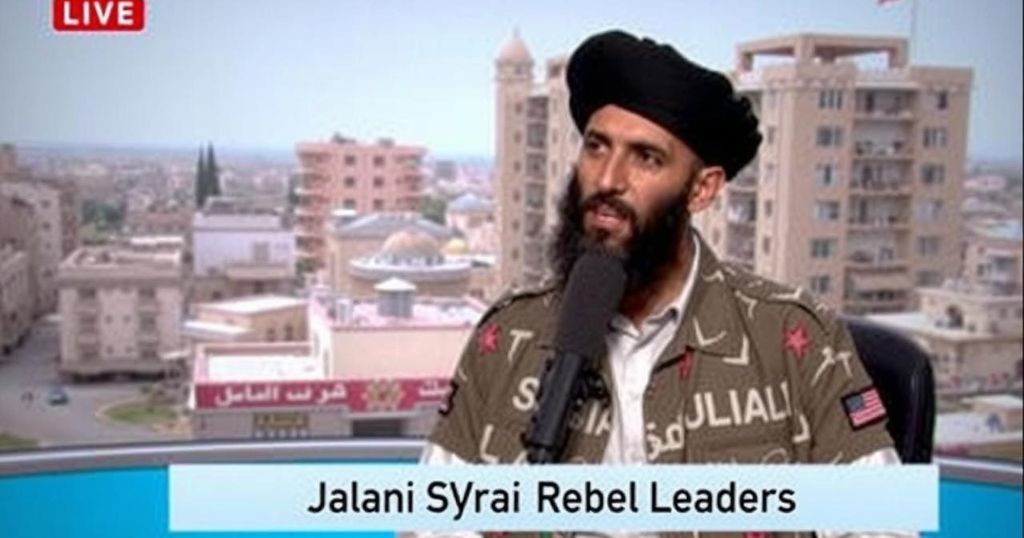Ahmad al-Julani, leader of Hayat Tahrir al-Sham, asserts that Israel’s rationale for intervention in Syria has diminished, particularly following Iranian troop withdrawal. He emphasizes the need for reconstruction and stability rather than conflict, calls for international support to prevent escalation, and confirms plans to dissolve armed factions under state authority. Al-Julani also highlights his commitment to protecting minorities and halting narcotics production in Syria.
Ahmad “Abu Mohammad al-Julani” al-Sharaa, the leader of Hayat Tahrir al-Sham (HTS), provided his insights regarding Syria’s future during a significant interview with opposition media outlet Syria.tv. He articulated that Israel has lost its rationale for military intervention in Syria, particularly with the retreat of Iranian forces. Al-Julani emphasized that the ongoing turmoil in Syria, stemming from years of conflict, necessitates a focus on reconstruction and stability rather than exacerbating tensions further.
He urged the international community to take a proactive role in preventing any escalations and to uphold Syrian sovereignty, insisting that diplomatic solutions offer the most viable route to restoring security. Al-Julani criticized the Iranian regime for transforming Syria into a base for aggressive activities, asserting that his opposition is directed at the regime’s policies rather than the Iranian populace themselves.
In discussing the relationship with Russia, al-Julani noted the need to reassess alliances in a manner that benefits Syria. He condemned the Russian air force’s role in civilian casualties throughout the civil conflict. Transitioning from revolutionary rhetoric to a focus on governance, he stated that Syria must evolve from a revolutionary mindset to one characterized by established laws and institutions.
Al-Julani articulated plans to address the dire socioeconomic conditions plaguing the Syrian populace, which he attributed to the Assad regime’s systemic exploitation. He highlighted the regime’s destruction of vital sectors, insisting on his administration’s commitment to halting the narcotics trade, particularly the production of captagon, which has contributed to Syria’s reputation as a narco-state. He reiterated his commitment to protecting Syria’s minority communities, including Christians and Druze, and delineated a clear distinction between the Kurdish community and the PKK to encourage unity among opposition forces. Al-Julani confirmed that the Syrian Defense Ministry intends to disband all armed factions, consolidating control under state authority, among various other significant reforms.
The context of this article centers around the ongoing conflict in Syria, a multi-faceted civil war that began in 2011, leading to significant geopolitical complications and humanitarian crises. Ahmad al-Julani’s HTS represents an Islamist faction that has been instrumental in the opposition against Bashar al-Assad’s regime. The region’s stability has been profoundly affected by foreign involvement, particularly that of Iran and Russia, with al-Julani’s comments reflecting the shifting narratives concerning external military interventions and the evolving political landscape.
In summary, Ahmad al-Julani’s recent interview marks a pivotal moment in his leadership of Hayat Tahrir al-Sham, highlighting a shift from revolutionary fervor towards statecraft. He calls for an end to foreign interventions, advocates for diplomatic resolutions, and emphasizes national reconstruction. By addressing past grievances while fostering new political alignments, al-Julani outlines a vision for a stable and sovereign Syria, steering clear of the destructive legacies of conflict.
Original Source: www.jpost.com






